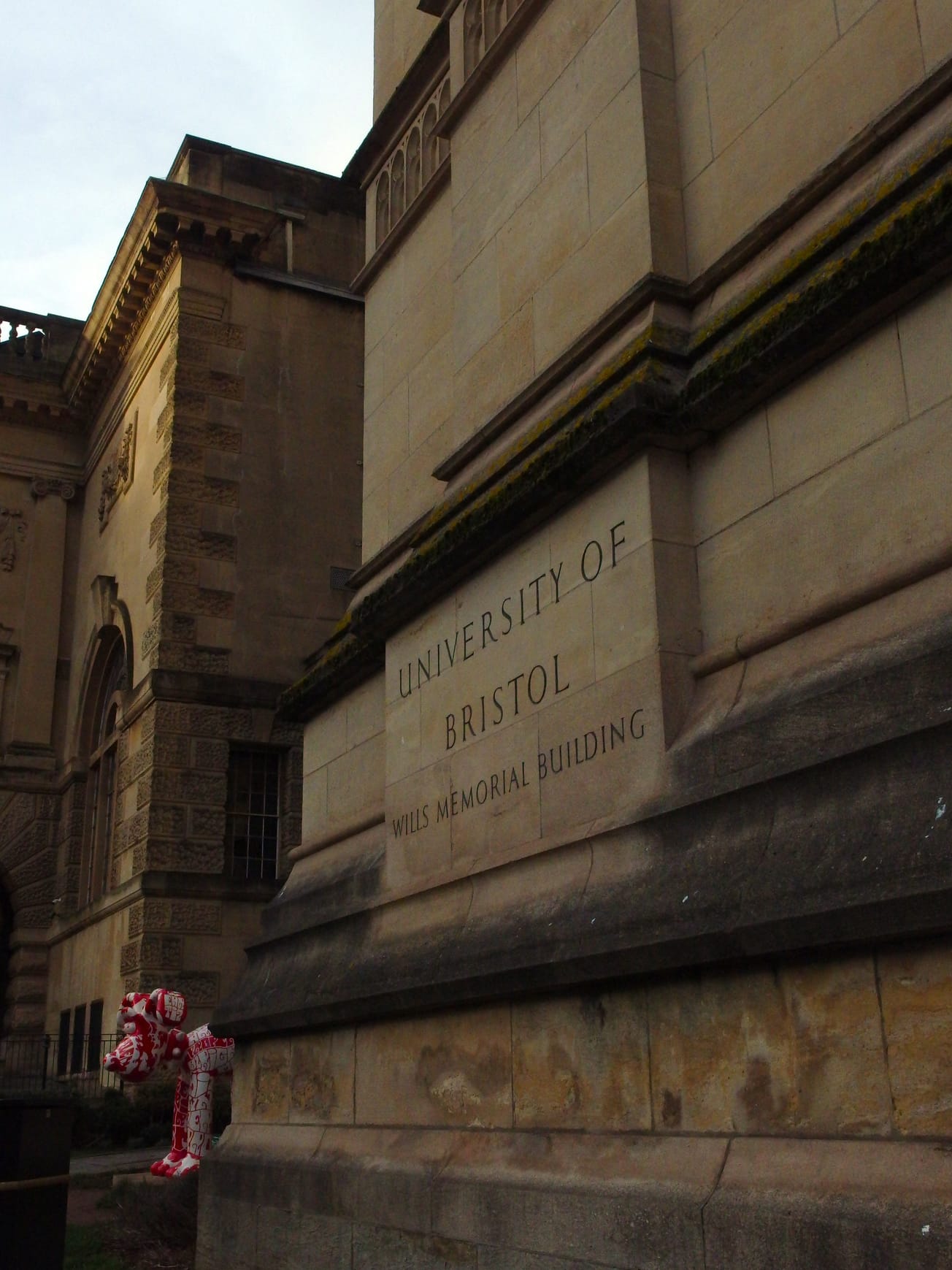Students enrolled at the University of Bristol from ‘aspiring state schools’ are performing just as well as their counterparts from better-performing schools, an Epigram investigation has found.
An Epigram Freedom of Information request found that in 2016, 26 per cent of Bristol graduates who came from an aspiring state school eligible for a contextually-lower offer achieved a First-class degree and 60 per cent achieved a 2:1.
This compares with all graduates of that year, where 30 per cent achieved a First-class degree and 59 per cent achieved a 2:1.
Aspiring schools are those ranked in the bottom 40 per cent in the UK that year; students from these schools are eligible for a reduced contextual offer in an initiative to widen participation and access to higher education.
Of those who graduated in 2016, enrolled from an aspiring state school and were eligible for a contextual offer, 26 per cent achieved a First-class degree and 60 per cent achieved a 2:1.
Alex Boulton, a third-year History student who received a contextual offer for attending an aspiring school, said: ‘It goes to show Bristol is doing the right thing in using contextual offers, that talent comes from a variety of places, and I hope it will encourage more students from aspiring schools to consider coming here.’
In the past five years, the University has increased its intake of students from the country’s worst-performing schools. For the 2012/13 academic year, 19.4 per cent of students were enrolled from aspiring schools, which rose to 24.4 per cent for 2016/17.
Great initiative from @BristolUni > Universities must do more to tackle the unfair, elitist admissions system https://t.co/fVDvgIrr5A
— Richard Gascoigne (@GazzaToGo) 28 January 2017
Alex added: ‘I wouldn’t have even considered Bristol without contextual offers – A*AA just seemed too out of reach.
‘I have experienced a lot of self-doubt in my academic ability while at university considering the education many of my peers have received, so it is a relief to hear the statistics that state school students can expect to do just as well at university.’
Contextual offers are also given to applicants from areas with low progression to Higher Education, applicants who have spent time in care, or applicants who have completed a University of Bristol outreach programme.
According to a recent report by The Sutton Trust, the University of Bristol is one of only a small number of competitive universities admitting students successfully from disadvantaged backgrounds.
.@BristolUni is a leader in implementing contextual admissions at university. Read the full case study https://t.co/yNC34EhURL pic.twitter.com/qssMBACB8Y
— The Sutton Trust (@suttontrust) 26 October 2017
It found that over 60 per cent of courses offer lower grade requirements for applicants from lower participation neighbourhoods than those from high participation neighbourhoods. This is significantly higher than any other university, as the University of York – which has the second highest per cent of courses giving lower offers – has around 25 per cent.
Lucy Collins, head of UK recruitment at the university, said: ‘The University’s approach to contextual admissions has recently been described by the Sutton Trust as sector leading. We’re very proud of this and believe that key to the success of policy is the clarity that we are able to provide to applicants.
‘Recognising the context in which students have been taught and the challenges they may have overcome allows us to reach hundreds of brilliant students every year who might otherwise have been excluded from our programmes'
‘We make it as easy as possible, with a published list of eligible schools and colleges and a postcode checker, for students to see whether they are likely to receive a reduced offer. At the heart of our approach to contextual admissions is the belief that A Level grades alone do not always reflect potential.
‘Recognising the context in which students have been taught and the challenges they may have overcome allows us to reach hundreds of brilliant students every year who might otherwise have been excluded from our programmes. Evidence has indicated that students who receive a contextual offer thrive at the University of Bristol and make a significant contribution to our academic community.’
Featured Image: Instagram / @bristolsu
Facebook // Epigram // Twitter









